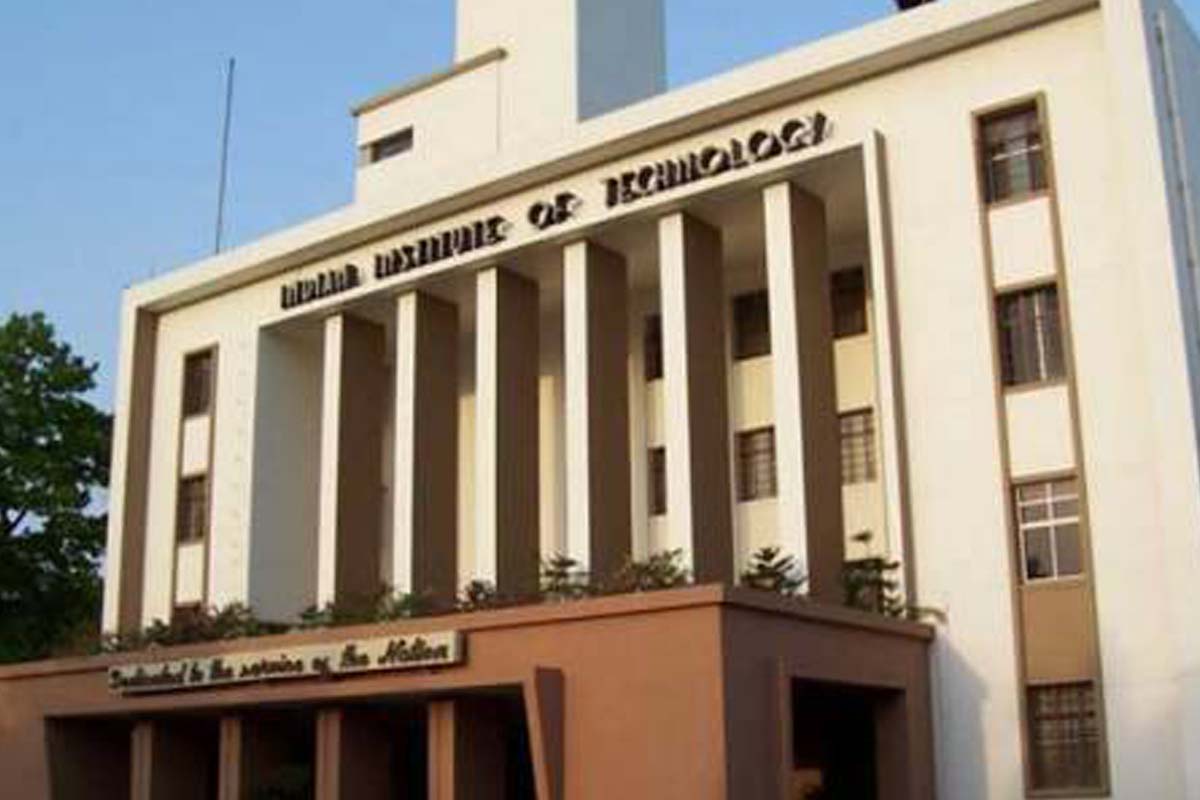Third BRS MLA to join the Congress
A day after BRS chief K Chandrasekhar Rao claimed that 20 Congress MLAs were ready to quit the party and join him, his party MLA Prakash Goud from Rajendranagar met Chief Minister A Revanth Reddy.
The other compulsion is to check the increasing number of dropouts at the M. Tech level.

Indian Institute of Technology (IIT) Kanpur. (File Image)
More than 15 years after the BJP’s HRD minister, Dr Murli Manohar Joshi, had stoked a controversy over fees and faculty at the Indian Institutes of Management, the present dispensation has announced a whopping increase in tuition fees for the M Tech courses in the Indian Institutes of Technology. It was only to be expected that Friday’s announcement by the IIT Council, the apex entity, would cause a flutter in the roost. And so it has. The second critical decision pertains to the performance of the faculties (and more about it in a moment); thankfully it doesn’t relate to the composition in keeping with the lights of the Bharatiya Janata Party.
Tuition fees are to be raised ten-fold over the next three years. In parallel, the award of monthly fellowships will be reduced. Almost inevitably, the twin decisions will result in fewer students enrolling for post-graduate studies, though in the disciplines of technology, an undergraduate degree (B Tech) can be rewarding enough, both onshore and offshore. If at the end of the day, meritorious students ~ without the means to afford a tenfold hike ~ drop out of the M Tech course, it is bound to impinge on the quality of the programme. The risk of affluence rather than merit influencing enrolment is real.
The Rs 20,000 yearly fee for MTech is set to be raised to Rs 2 lakh. Hitherto, every student has been entitled to a monthly fellowship of Rs 12,400, also called “teaching assistantship”, as in the United States. It is pretty obvious that the primary underpinning of the IIT Council has been to generate revenue and truncate campus expenditure. It has clothed its decision with the assurance that ony a “few and competent” students will receive the fellowships. But their number as well as the benchmark have been left delightfully vague. Given the sweeping nature of the decisions, to which the HRD ministry must have concurred, almost every student will look forward to the fellowship criteria which remains to be worked out.
Advertisement
The other compulsion is to check the increasing number of dropouts at the M. Tech level. It has been estimated that 20 per cent of the students leave the campus once they are offered lucrative placements both in the corporate sector as well as the PSUs. No less significant is the decision to monitor the performance of faculties over a five-year span with the introduction of what they call the “tenure track system”. “Depending on the evaluation of research and service for the institute, he/she can be elevated to the higher level or asked to leave”. This doubtless is forward movement from the system in universities. Despite the overarching control of the University Grants Commission, junkets and seminars are accorded precedence over the compulsions of the classroom. It is the student who suffers at the end of the day.
Advertisement